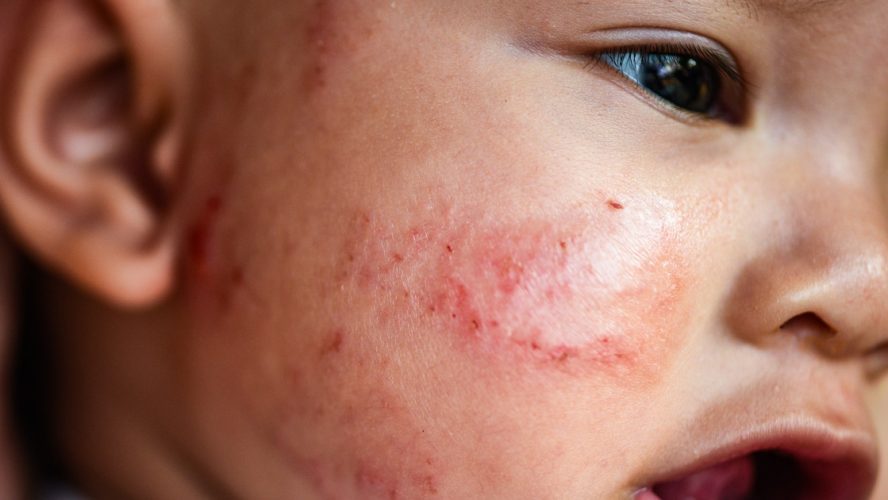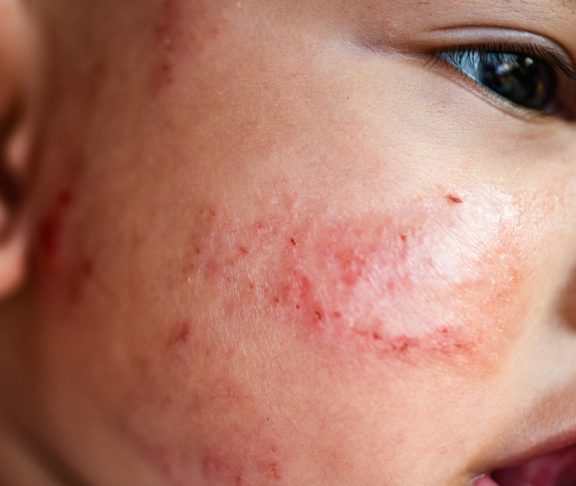How monkeypox affected the UK in 2018 and the need to remain vigilant to high consequence infectious diseases (HCIDs).
Monkeypox is a rare disease caused by becoming infected with the monkeypox virus. It was originally found in 1958 but it was not until 1970 that the first case was recorded in the Democratic Republic of Congo. Most cases have been reported in Central and West African countries.
A person who comes into contact with an infected animal, such as rodents, can transmit the disease. However, it is not a condition that spreads easily between people. People-to-people spreading of the virus can occur from contact with infected clothing or through direct contact with monkeypox skin lesions.
What are the symptoms and how is it treated?
Monkeypox is referred to as a ‘mild, self-limiting illness’ of which most people make a full recovery in a few weeks; some may suffer complications. It is usually treated through support of treating the symptoms.
Symptoms of monkeypox include fever, headache, muscle aches and a rash over the face and other parts of the body, which changes into scabs as it develops.
Monkeypox outbreak in the UK
In September 2018, three people were reported in the UK as having contracted monkeypox. The first patient was a Nigerian resident and was staying on a naval base in Cornwall when they were diagnosed and then subsequently admitted to a specialist centre at the Royal Free Hospital, London, for treatment.
The second patient had no links to the first patient and developed monkeypox after visiting Nigeria; they were admitted to the Blackpool Victoria Hospital and then transferred to a specialist treatment centre at the Royal Liverpool Hospital.
The third patient was a healthcare worker who had been involved in the care of the second patient, prior to monkeypox having been suspected. Once diagnosed, that individual was transferred to a specialist centre at the Royal Victoria Infirmary, Newcastle-upon-Tyne. Public Health England reinforced at the time that “monkeypox does not spread easily and the overall risk to the general public is very low”. Following these three cases, no new cases reported in the UK.
High-consequence infectious diseases
Monkeypox is considered to be an airborne, high consequence infectious disease (HCID) in the UK. Infectious diseases are categorised as HCIDs according to specific criteria. Other examples include Middle East respiratory syndrome and avian influenza (airborne HCIDs) and Ebola and Lassa fever (contact HCIDs). While these diseases are rare, it is important to have a strategy in place to combat these diseases. The natural reservoirs of infection for these diseases are in countries other than the UK, but with international travel, it is important for the UK to remain vigilant.
Sources:
https://www.gov.uk/guidance/monkeypox
https://www.gov.uk/government/news/monkeypox-case-in-england
https://www.gov.uk/guidance/high-consequence-infectious-diseases-hcid


